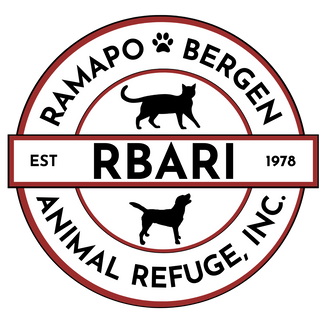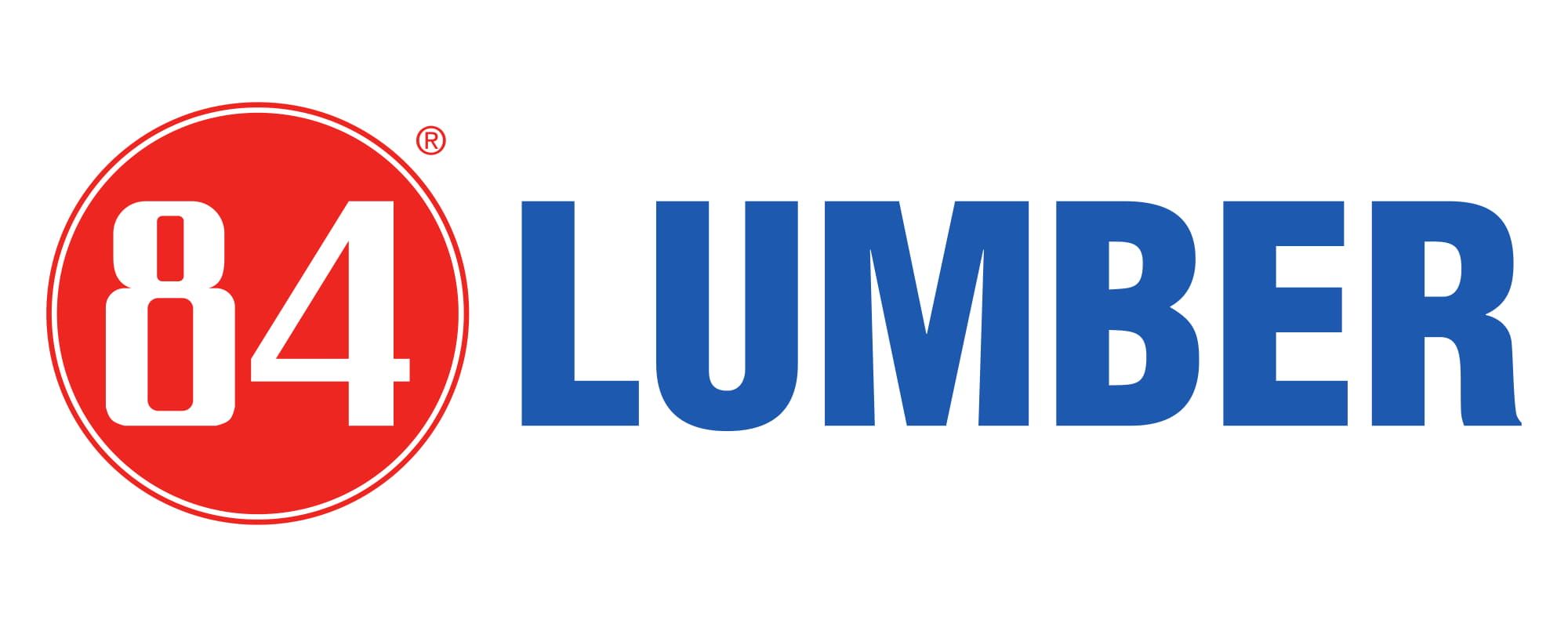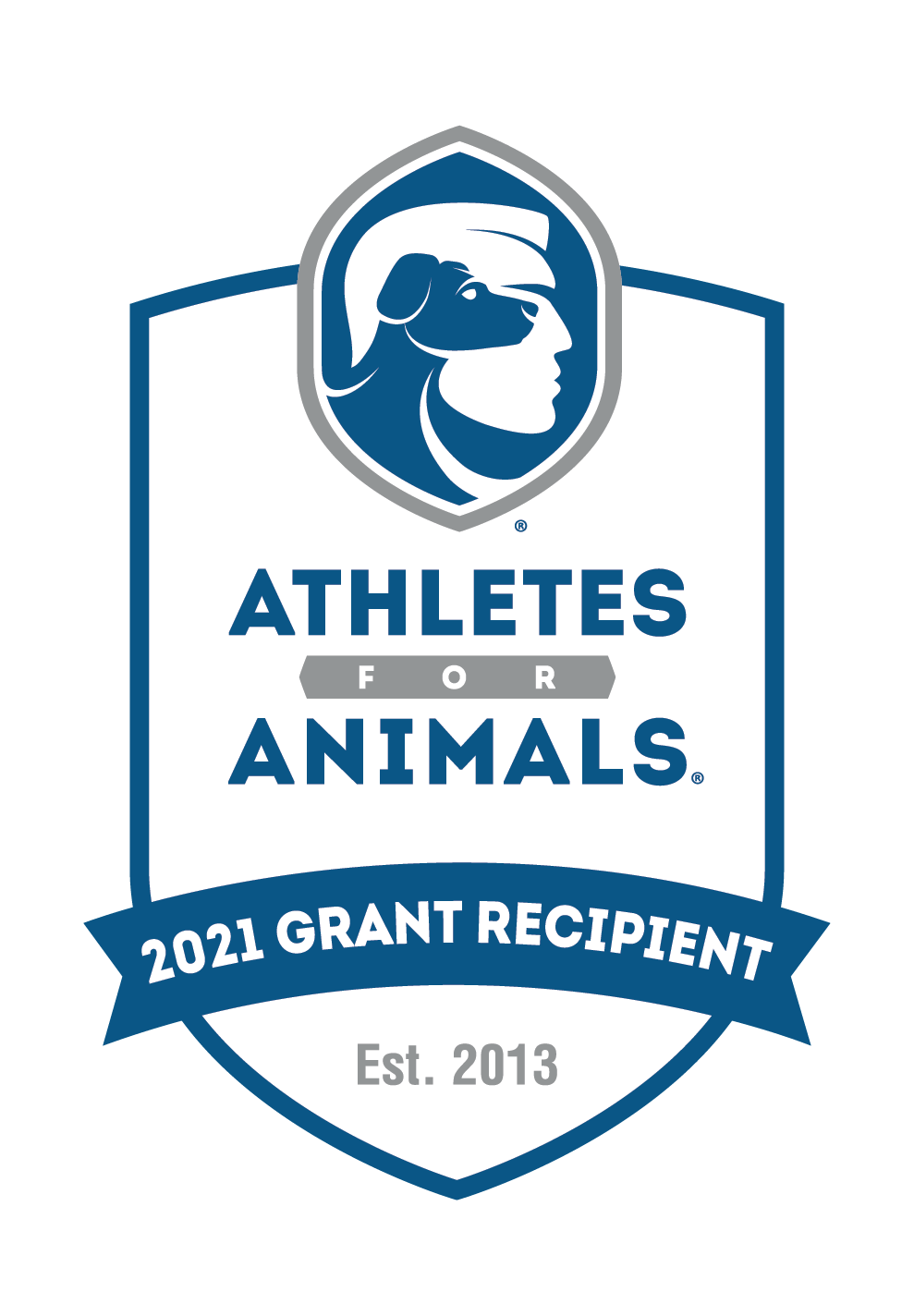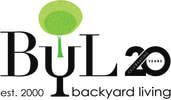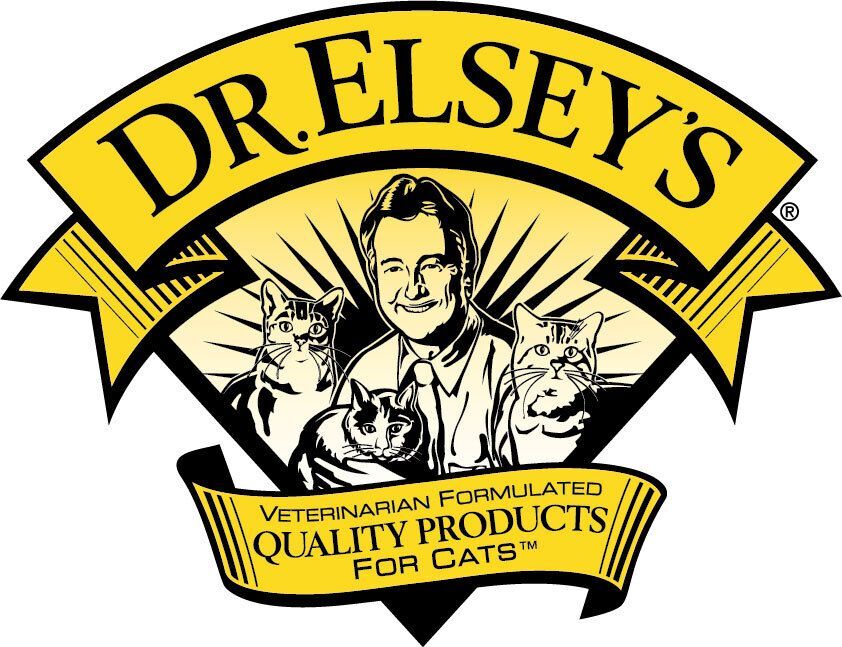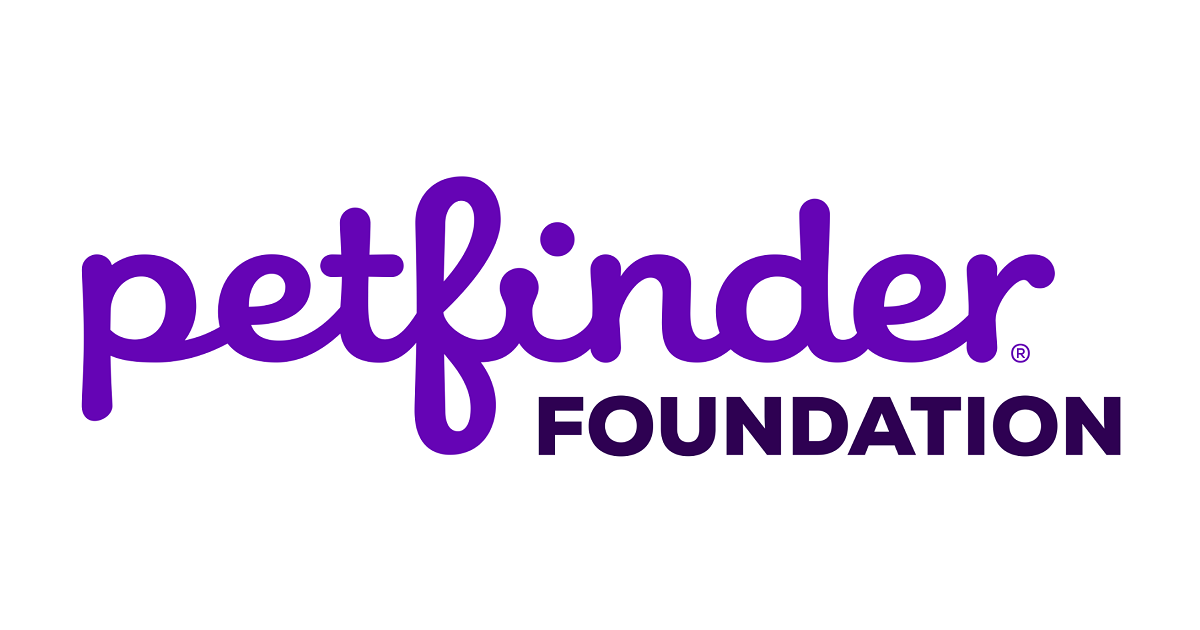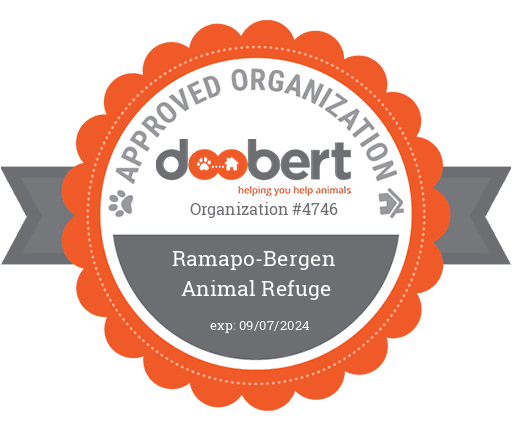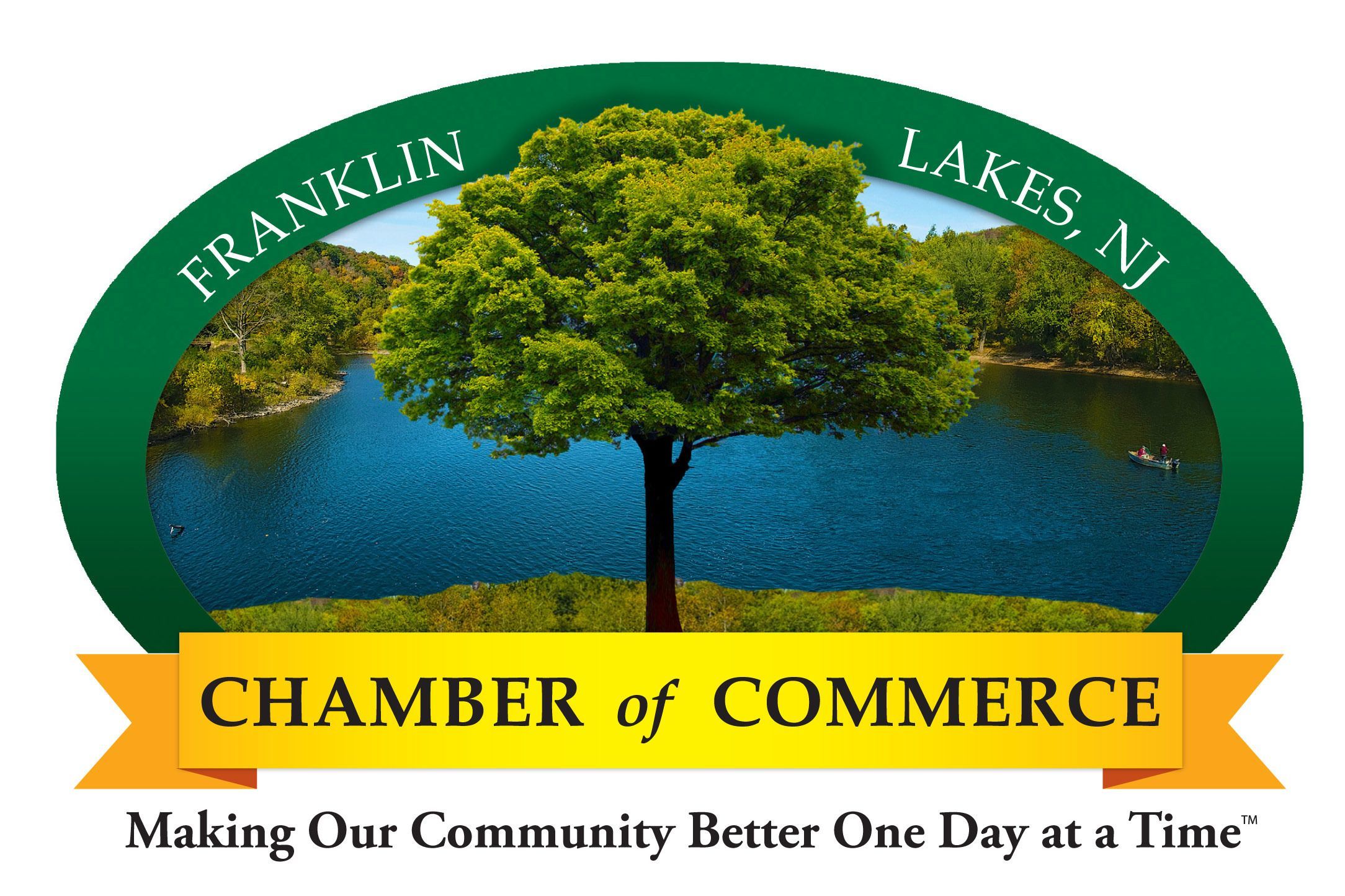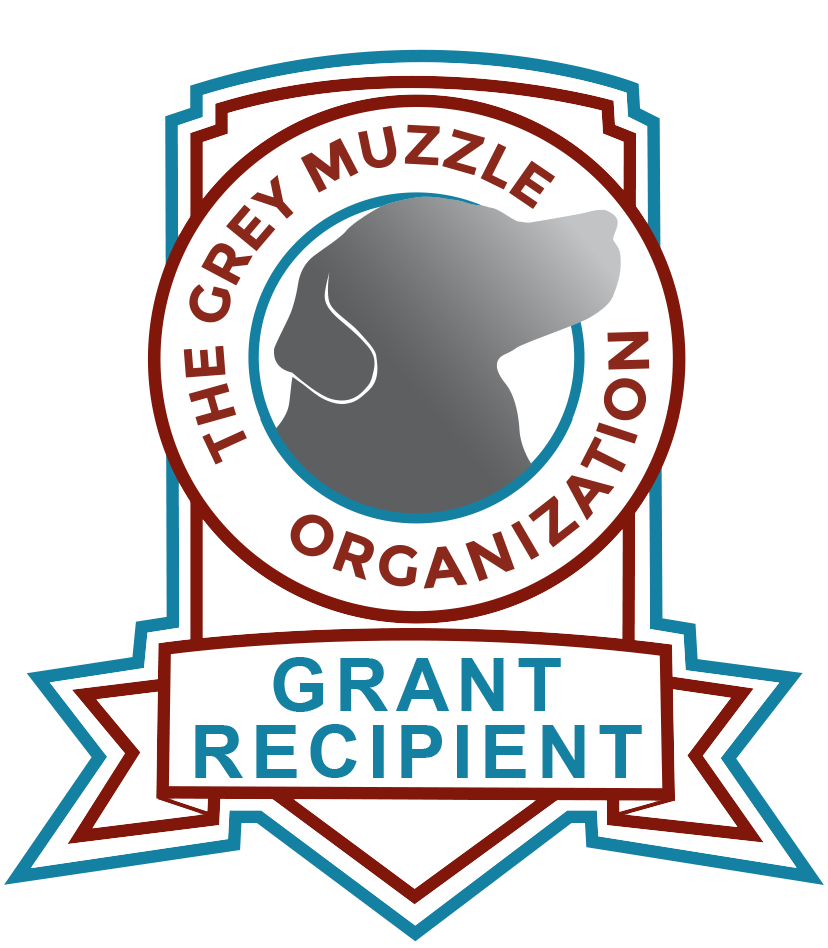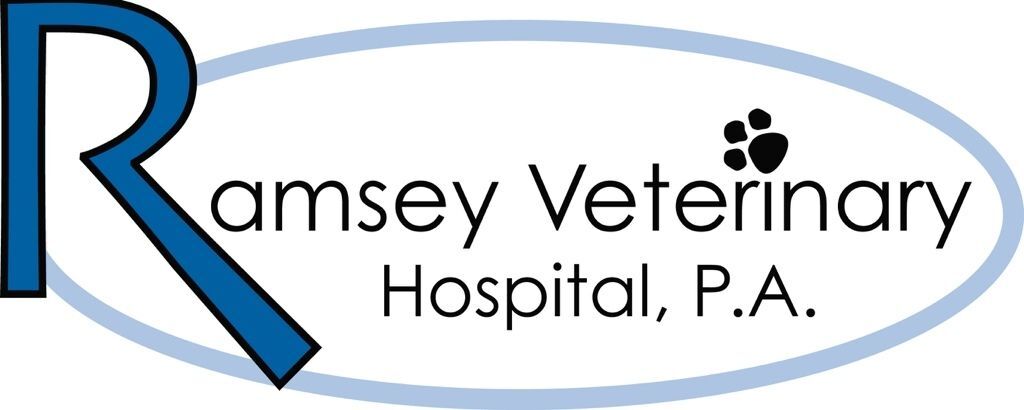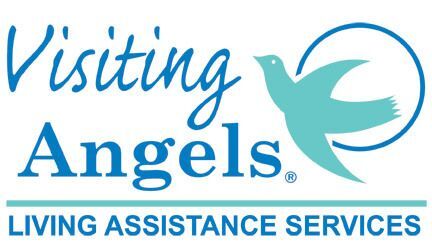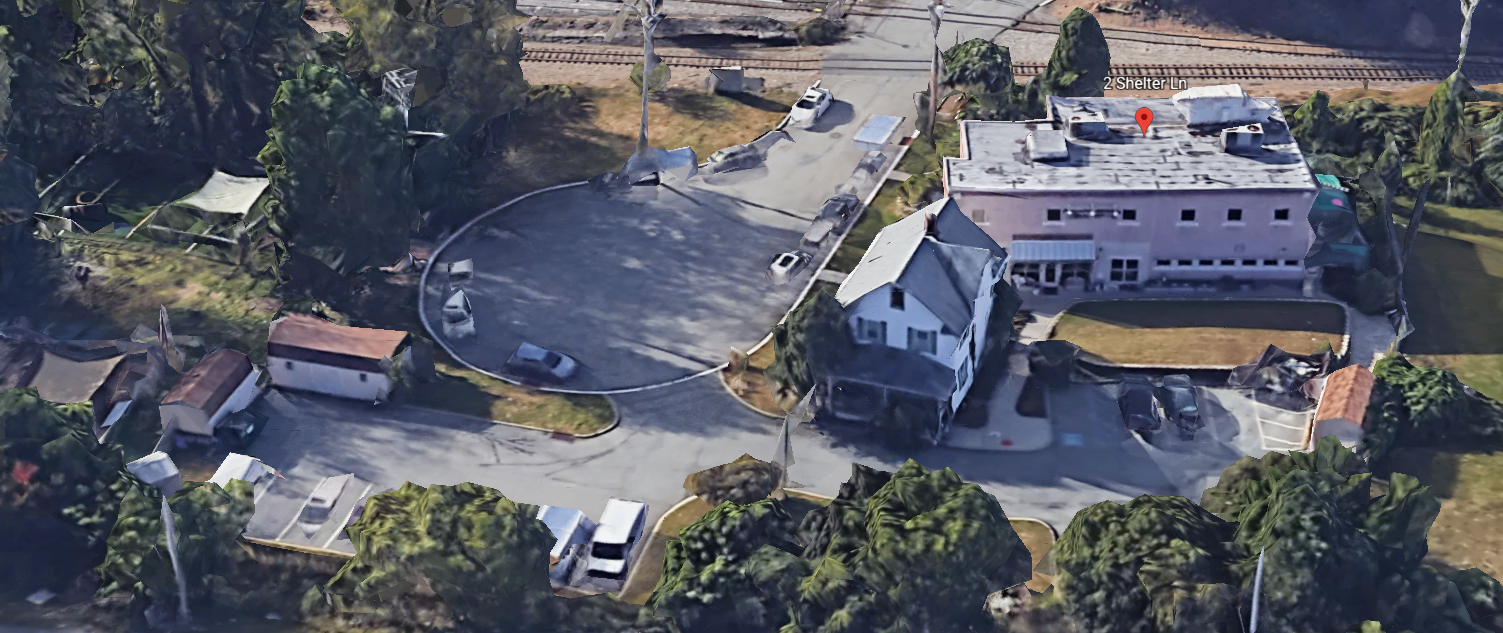
Over 40 years ago, two animal rescue organizations had a dream - a dream to establish a permanent shelter for homeless animals that had no one to care for them. Bergen Animal Rescue, Inc., (BARI), under the guidance of their president, Russell T. Custer, had long been fundraising to generate the means necessary to build a shelter. Based in Teaneck, NJ, BARI was largely made up of business people from surrounding towns who, individually, rescued animals and tried to find them permanent homes. Although they had the funds, BARI was unable to find a town that would allow an animal shelter.
Ramapo Animal Refuge, Inc. (RARI) was the vision of Rosary Thomas and a dedicated group of volunteers from Oakland, NJ. Like BARI, they fostered dogs and cats in their homes, raised funds to cover their expenses, and operated a telephone network to interview adopters.
In 1978, the two groups decided to merge and pool their resources in order to launch an animal shelter. BARI had the needed funds and RARI had the necessary manpower and the relationship with the town of Oakland and its residents. Together, their dream and hard work became a reality, now called the Ramapo-Bergen Animal Refuge, Inc. (RBARI).
The shelter began with the purchase of a small piece of property and a turn-of-the century farmhouse located on Route 208 South next to 84 Lumber. When 84 Lumber needed to expand, RBARI purchased another piece of property with a garage, and the house was moved several hundred feet north. In 1981, RBARI was able to pay some of its mortgage and complete the renovation that turned the garage into an animal shelter, thanks to the generous bequest of Mrs. Lillian Lammens of Ridgewood. In the fall of 1983, RBARI opened the Gift Shop on the first floor of the old farmhouse.
As can happen with many organizations, RBARI experienced growing pains and changing philosophies over time – chief among them being the shelter’s animal policy.
Some Board members felt the way to make a difference among homeless animals was to find RBARI animals permanent homes, but euthanize those that had an extended stay to make room for new animals. Others strongly believed RBARI should give all adoptable animals an unlimited stay, and to only use euthanasia in cases of severe health or behavioral problems. The latter group triumphed and the shelter came to be known as the "No-Kill" shelter.
In 1986, RBARI was rocked by news from the State of New Jersey. The planned construction of Interstate Highway 287 would be taking away 40 feet of RBARI property, eliminating essential access to Route 208. After 3 years of negotiation and mounting legal and engineering fees, RBARI was compensated by the state and given an equivalent parcel of land and restoration of fees. Work on the property, including a new access road called "Shelter Lane", was completed in 1990.
